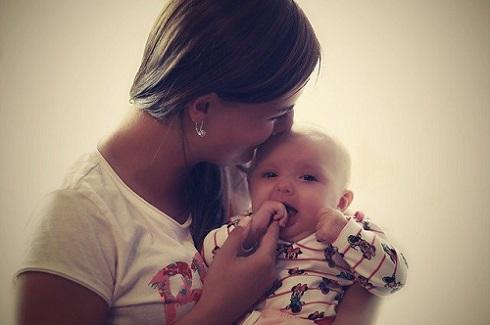
Published on: 18/03/21
Research by the charity shows mothers caring for seriously ill children are at greater risk of serious health problems.

Published on: 18/03/21
Image credit: Pixabay stock image
Our health and social care system must be more flexible to support the needs of families with children with life-limiting conditions, says Together for Short Lives and researchers from the University of York.
The calls follow new research that has found mothers of children with life-limiting conditions are much more likely to develop serious physical and mental health problems and have a premature death, compared to mothers caring for children with no long-term health condition. The study was carried out by the Martin House Research Centre at the University of York.
Andy Fletcher, CEO for Together for Short Lives, said: “This important new research makes for stark and very concerning reading. Not only is it unacceptable that mothers face such devastating heath impacts in modern day Britain, it is also avoidable with the right care and support.
“Families often tell us that caring for a seriously ill child brings great joy and rich experiences that they would not change for anything. But they also tell us that caring round the clock is exhausting and takes a huge toll on the whole family.”
The charity has called for investment in 24/7 acute and community healthcare in hospital, children’s hospices and at home, and properly planned and funded social care.
Fletcher added: “It has never been more important that the forthcoming Comprehensive Spending Review and the newly reformed NHS urgently prioritises the needs of this growing group of children and families.”
Responding to the research, Lorna Cobbett, mum to triplets Roman, Essie and Eva said: “The current system is broken, it is pushing all mothers, fathers and carers of children with life-limiting conditions to breaking point. It is a constant fight to get any support and help.”
Professor Lorna Fraser, Director of the Martin House Research Centre explained there is an expectation now that parents of children with complex or life-limiting conditions become health care providers as well as parents, often 24 hours a day, seven days a week. She said: “This must have an impact on their health and wellbeing, as shown by this research study. Our health and social care system must be more flexible to support the needs of these parents and children.”
The research was developed by Professor Lorna Fraser and colleagues from the Martin House Research Centre at the University of York and was published in the Archives of Disease in Childhood.
The Children's Trust works with supporting Together for Short Lives, supporting the needs of children and families.

This section looks at the way acquired brain injury can affect the rest of the family.

Read our directory of services for families of children with an acquired brain injury.

Residential short breaks at The Children’s Trust offer flexible, nurse-led care for children and young people between the ages of 0-18. Set in 24-acres of beautiful woodland at our national specialist centre in Tadworth, Surrey, we offer overnight stays in comfortable, fully-accessible bedrooms, available seven days a week.